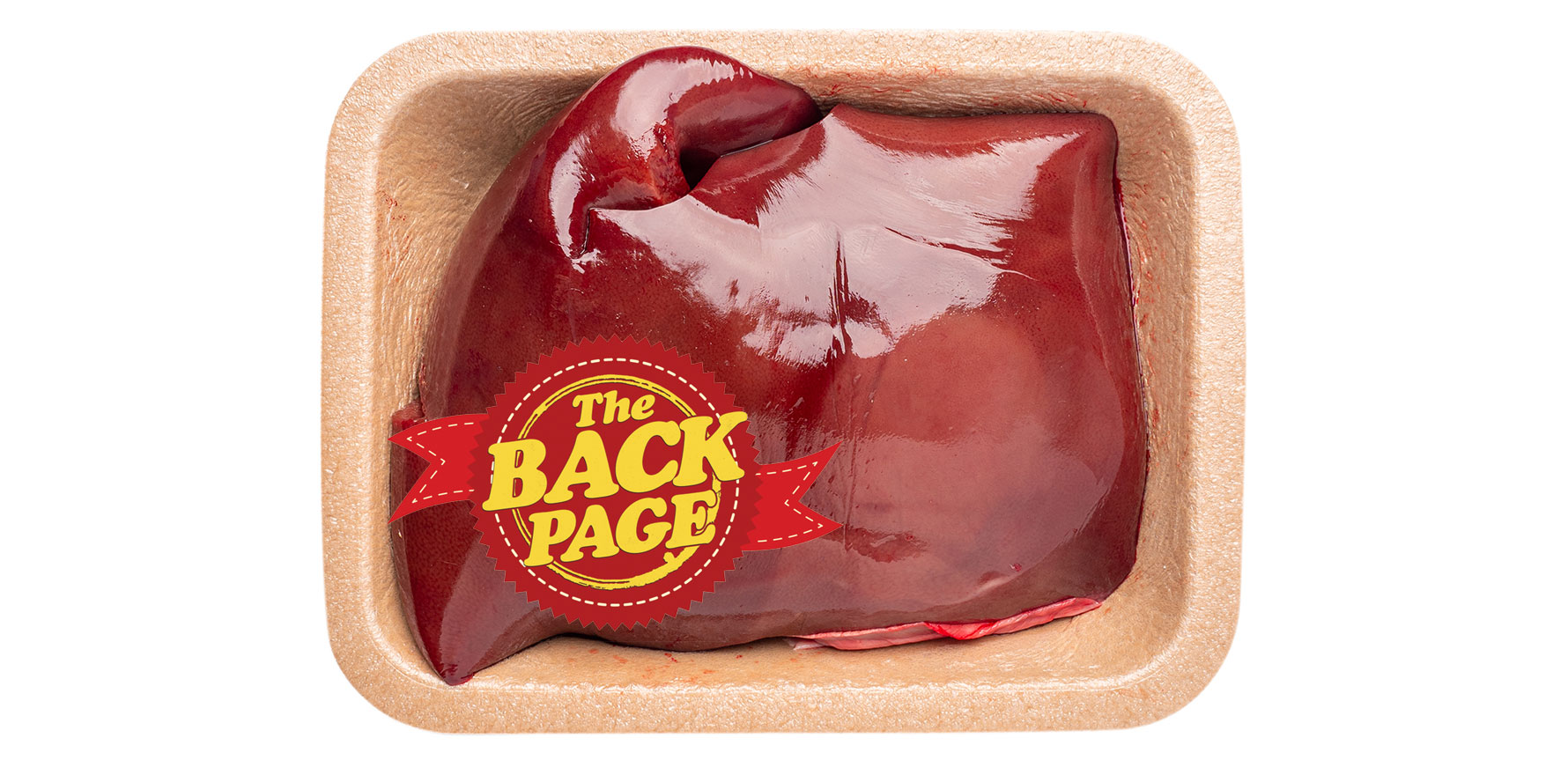People and their components are not easily parted, even when that’s the default option.
If you’ve ever woken up after a big night in an ice bath with bandages over a new abdominal wound – and haven’t we all? – you’ll know how important it is to get consent for organ donation.
A new study from the Max Planck Institute for Human Development has attempted to resolve whether “nudging” people to offer their organs after death by making it the default option does anything to lift donor rates, which are always lamentably low.
Australia has an opt-in system, while countries such as England, Scotland, and the Netherlands have recently switched to an opt-out default, also known as presumed consent, and Germany, Canada, and the US are considering making the same move.
The switches were probably influenced by a 2003 study that showed an enormous gulf in effective consent rates between countries: 4% in Denmark, 12% in Germany, 17% in the UK and 28% in the Netherlands, as examples of opt-in systems, but approaching 100% in France, Poland, Hungary and Austria, which are opt-outs.
Yet the evidence for opt-out systems actually making more organs available has been mixed.
This 2018 study compared six countries before and after swapping to presumed consent (snapshot comparisons don’t account for social and cultural factors) and found an overall increase in liver and kidney donation rates, with the increase in individual countries ranging from 28 to 1186%.
A 2019 review of all OECD countries, however, found no difference in deceased donor rates but an actual reduction in living donor rates in countries with opt-out policies.
The new study is similarly longitudinal, allowing three years post-change for comparison.
In a significant limitation, the team could only include five countries with opt-out policies in their analysis – Argentina, Chile, Sweden, Uruguay and Wales – as more than 30 others lacked reliable data.
They found no difference whatsoever in deceased donor rates between opt-in and opt-out countries – if anything, donation rates fell slightly, by 2.6%.
“Moreover, our results indicated that the opt-out default did not lead to even a gradual increase in organ donations: There was no discernible difference in the linear rate of change of donations after implementing the new default,” the authors write.
Spain, which has the highest donation rates in the world, switched to opt-out in 1979 and only saw an increase a decade later, they say, a change better attributed to infrastructure changes such as the introduction of a transplant coordination network and education programs.
Where presumed consent fails to work as a magic bullet is in the matter of families, whose preferences override consent and who may not regard an opt-out “choice” as a real choice.
“Given that people may not have explicitly communicated their donation wishes to their families, presumed consent acts as a weaker signal of underlying preference, thus adding uncertainty to a family’s deliberations on whether to donate their deceased relative’s organs. Facing this uncertainty, families are more likely to refuse consent.”
The authors suggest a mandated choice – no default option – may be a better way.
Fair enough. Or we could just move to this more robust system:
Send story tips when you’re finished with them to penny@medicalrepublic.com.au.


